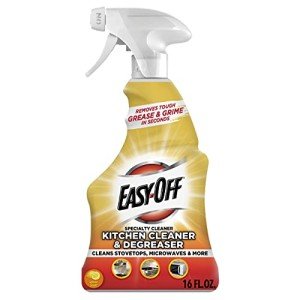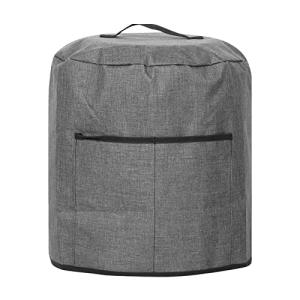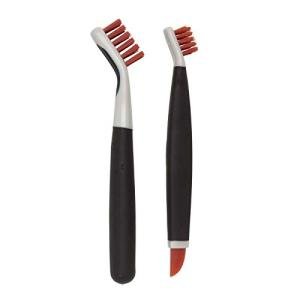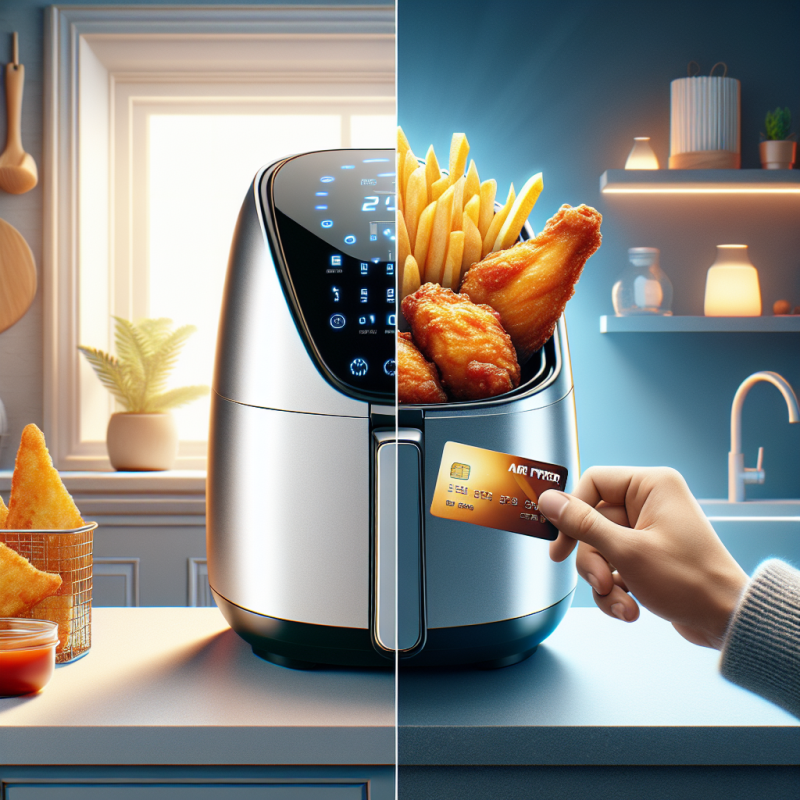Why Proper Cleaning and Maintenance of Small Kitchen Appliances is Essential
Small kitchen appliances make our lives so much easier in the kitchen, from toasters to coffee makers, blenders to air fryers. They help us prepare meals faster, with less effort, and with better results. But, like any other household item, small kitchen appliances require proper cleaning and maintenance to keep working efficiently and safely.
Here are some reasons why taking care of your small kitchen appliances is essential:
- Prevent buildup of harmful bacteria and germs: Food particles, grease, and moisture can accumulate inside your appliances, creating a perfect environment for bacteria and germs to grow. Cleaning your appliances regularly can help prevent the spread of illness-causing bacteria and ensure that your food stays safe to eat.
- Extend the lifespan of your appliances: Regular cleaning and maintenance can help prevent wear and tear on your appliances, which can cause them to break down prematurely. By keeping your appliances clean and well-maintained, you can extend their lifespan and save yourself money on costly repairs or replacements.
- Maintain optimal performance: Dirty or poorly maintained appliances may not work as well as they should, which can make cooking and preparing meals a frustrating experience. Regular cleaning and maintenance can help keep your appliances running smoothly and performing at their best.
- Reduce energy consumption: Appliances that are dirty or in need of maintenance may require more energy to operate, which can increase your energy bills. Keeping your appliances clean and well-maintained can help reduce your energy consumption and save you money on your utility bills.
Overall, proper cleaning and maintenance of your small kitchen appliances is essential for ensuring that they work efficiently, safely, and effectively for years to come.
Tips and Tricks for Effectively Cleaning Your Small Kitchen Appliances
Tip 1: Always unplug your small kitchen appliances before cleaning them. This is for your safety and to protect the appliance from any damage. Tip 2: Use a mixture of mild dish soap and warm water to clean most small kitchen appliances. Avoid using harsh chemicals or abrasive scrubbers that can damage the surface of the appliance. Tip 3: For appliances with intricate parts or hard-to-reach areas, use a small brush or toothbrush to gently scrub away any buildup or residue. Tip 4: If your appliance has removable parts, take them off and clean them separately. This will allow you to thoroughly clean all parts of the appliance and ensure that there is no residue or buildup left behind. Tip 5: Pay special attention to appliances that come into contact with food, such as blenders, food processors, and coffee makers. These appliances can harbor bacteria and mold if not cleaned properly. Tip 6: For appliances with stainless steel exteriors, use a soft cloth and stainless steel cleaner to avoid scratches or damage to the finish. Tip 7: Don't forget to clean the cords and plugs of your small kitchen appliances. Use a damp cloth to wipe them down and remove any dust or dirt that may have accumulated. Tip 8: Store your small kitchen appliances in a clean, dry place to prevent dust and grime from collecting on them between uses.By following these tips and tricks, you can effectively clean and maintain your small kitchen appliances, ensuring that they stay in good working condition for years to come.
The Top Maintenance Practices for Ensuring Longevity of Your Small Kitchen Appliances
Small kitchen appliances are essential tools for preparing quick meals and snacks. However, they also require proper maintenance to stay in good working condition. Here are some top maintenance practices to help ensure the longevity of your small kitchen appliances:
1. Regular cleaning
Cleaning is the most important maintenance practice for small kitchen appliances. You should clean your appliances after each use, particularly those that come into direct contact with food. Ensure that you follow the manufacturer’s instructions for cleaning each appliance. For instance, some appliances may require hand washing, while others are dishwasher-safe.
2. Proper storage
Storing your small kitchen appliances appropriately can contribute to their longevity. Store them in a clean and dry place when not in use, preferably in a cabinet or pantry, to protect them from dust and moisture. Avoid stacking heavy appliances on top of each other, as this may cause damage or scratches.
3. Regular maintenance
Regular maintenance of your small kitchen appliances is essential to keep them working efficiently. For instance, check the blades of your blenders and food processors regularly to ensure they are sharp and clean. You should also check the cords of your appliances for any damage, and if you find any, discontinue use immediately.
4. Avoid overloading your appliances
Small kitchen appliances are designed to handle a specific amount of food or liquid. Overloading them may cause them to slow down or even break. Ensure you follow the recommended guidelines for each appliance to avoid damage.
5. Don't leave your appliances plugged in unnecessarily
Leaving your small kitchen appliances plugged in when not in use can cause an electrical fire or damage the motor. Ensure you unplug them after use, especially those that have a heating element like toasters.
In conclusion, proper maintenance practices can ensure the longevity of your small kitchen appliances. Clean them regularly, store them properly, undertake regular maintenance, don't overload them, and don't leave them plugged in unnecessarily. These practices will not only extend the life of your appliances but also help you save money in repair costs or replacements.





